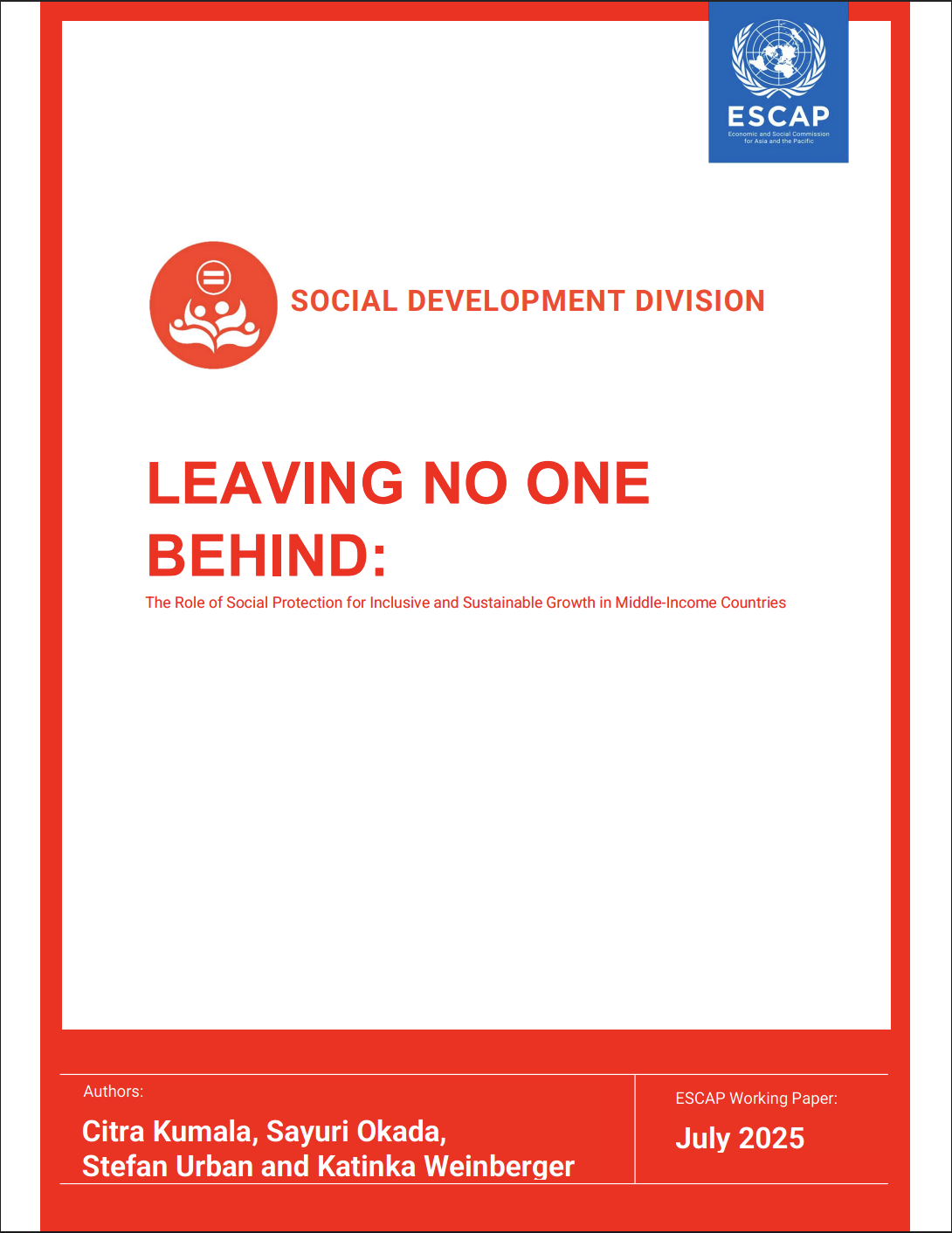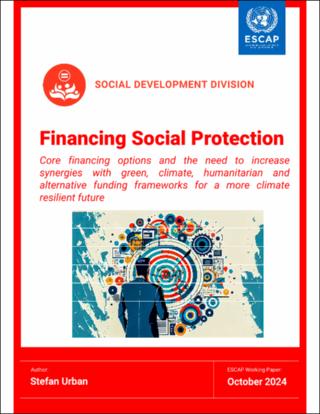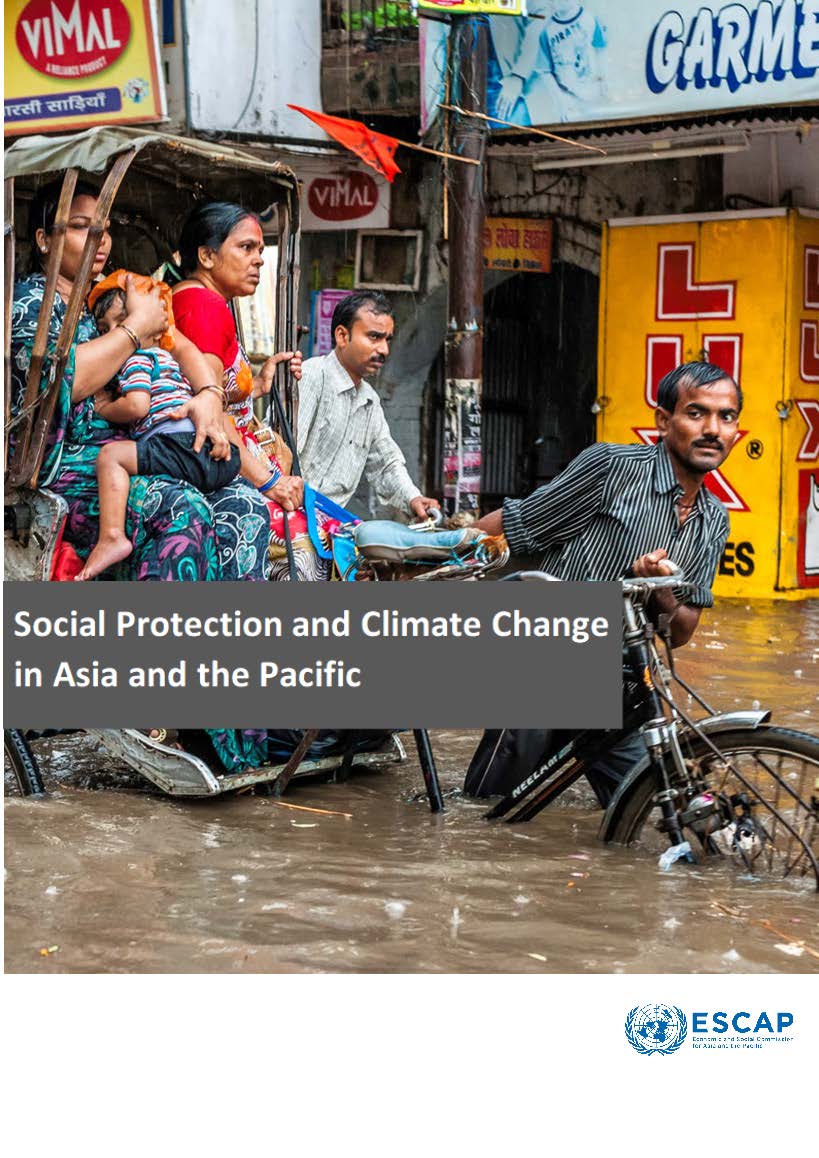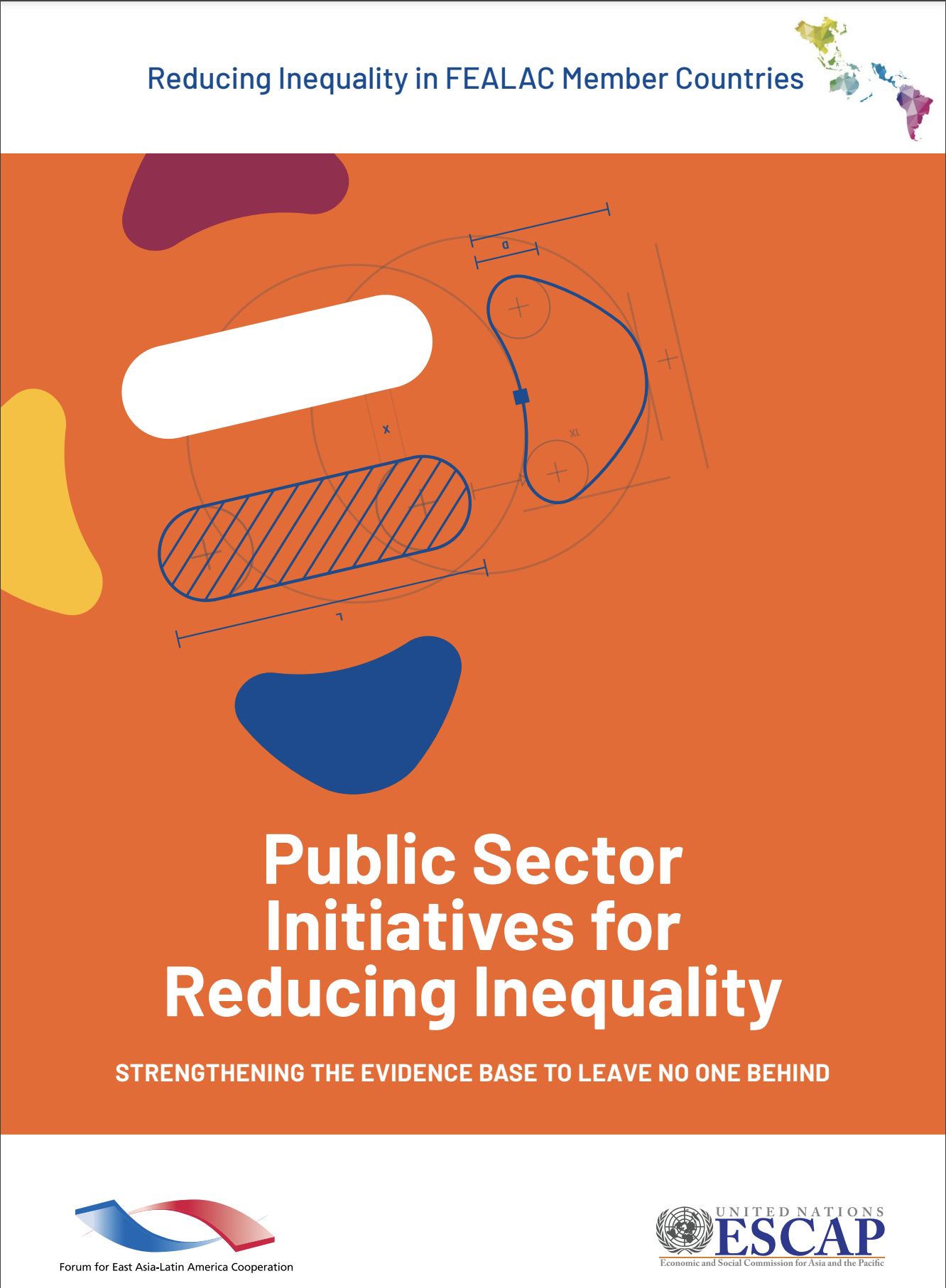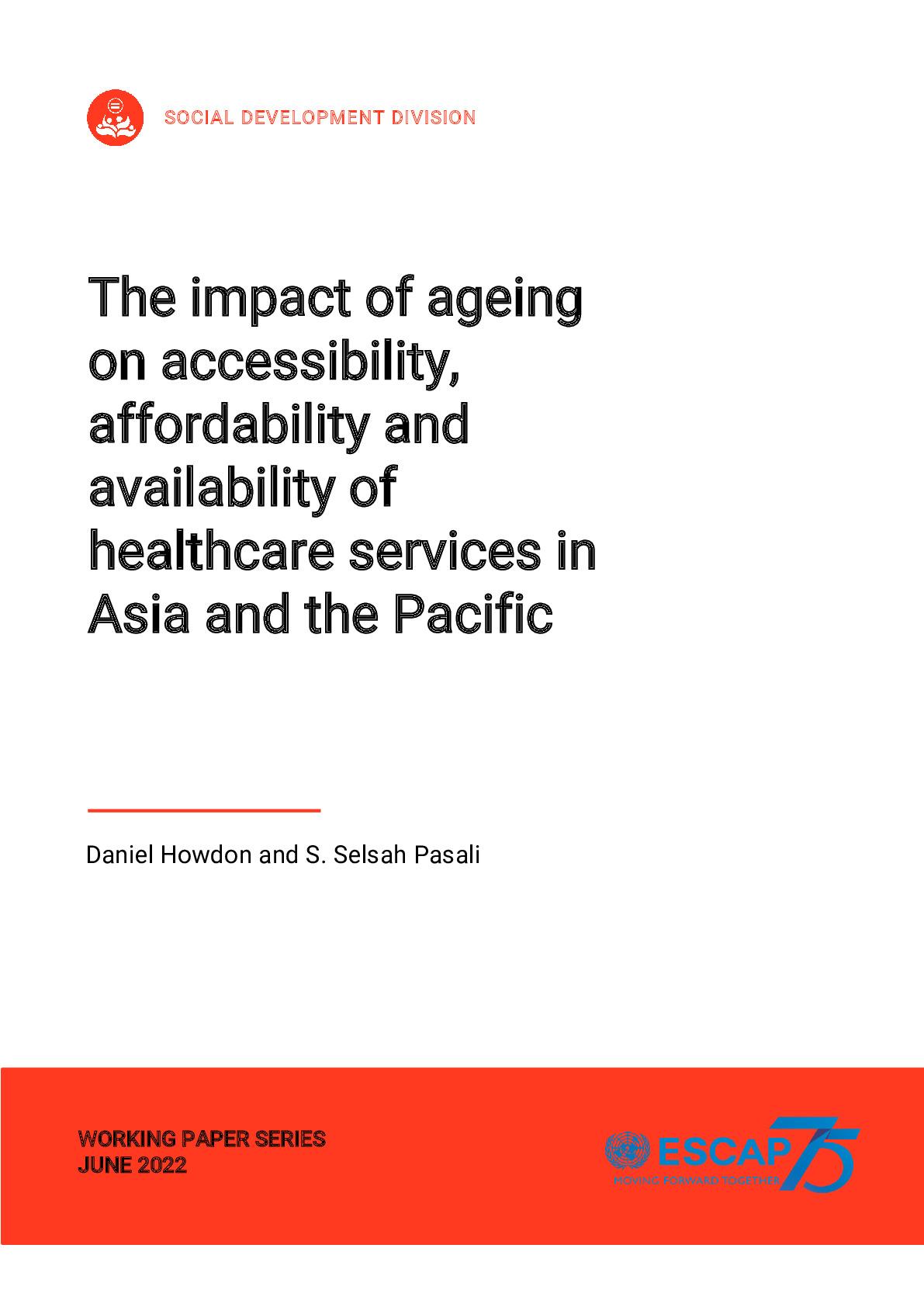Stepping stones towards social protection and climate resilience in the Maldives
Acknowledgements
1. Introduction
2. Climate change hazards and impacts on people
3. Interlinkages between climate policy and social protection policy
4. Social protection policies that can address climate change impact
5. Climate Finance
6. Entry points and recommendations to integrate social protection into climate policy agenda
7. Conclusion and recommendations
This report highlights the critical yet underexplored intersection between social protection policies and climate change policies and events in the Maldives. Despite their potential, social protection policies are rarely integrated into climate policies and vice versa. Vulnerable populations, particularly those in climate change hotspots, face escalating risks from sudden and slow-onset climate events, including heatwaves, floods, cyclones, storm surges and tsunamis in the Maldives. These hazards exacerbate inequalities, impacting health, food security, income, and displacement. The report emphasizes that without adequate social protection coverage, populations will struggle to build resilience and cope with these intensifying challenges. Effective integration of social protection into climate policies is essential to address climate justice, promote inclusive growth and support just transitions.
The report identifies the necessity of social protection measures such as unemployment insurance, universal health coverage, and targeted cash transfers to support populations affected by climate hazards. It advocates for extending coverage to ensure social protection floor for all, redirecting investments to encourage green technologies that enhance climate resilience of vulnerable populations, and reviewing the role of social protection in emergency cash transfer mechanisms. Synergies between climate financing and social protection systems are crucial to ensure efficient resource utilization and resilience-building. Ultimately, the report calls for coordinated, evidence-based approaches to integrate social protection and climate policies, highlighting the importance of capacity-building, financing, community engagement, and knowledge-sharing to achieve sustainable and equitable outcomes.

